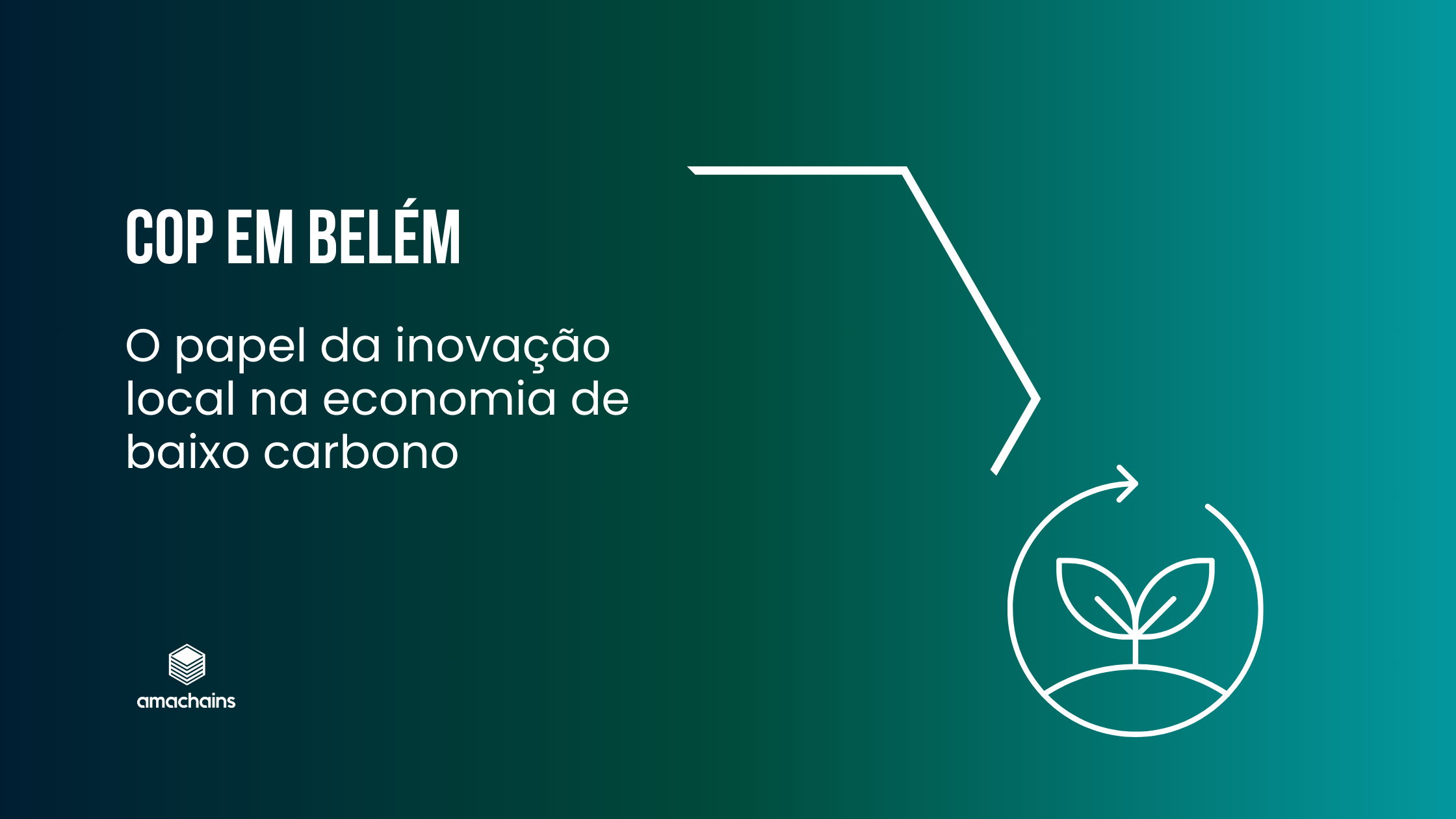Paris is set to mark a milestone in the history of the Olympic Games by committing to significantly reduce greenhouse gas (GHG) emissions. In line with the goals of the Paris Agreement, the organizers of the Paris 2024 Olympic Games have adopted a series of innovative measures to minimize the event’s carbon footprint, serving as an inspiring model for future events.
The Context of the Paris Agreement Goals
The Paris Agreement, adopted in 2015 during the United Nations Climate Change Conference, sets ambitious targets to limit global warming to well below 2°C above pre-industrial levels, with efforts to limit the increase to 1.5°C. Significant reductions in GHG emissions are crucial to achieving this goal. Large-scale events such as the Olympic Games have an important role to play in this global effort.
Carbon Reduction Commitments and Targets
Paris 2024 aims to be the first Olympic Games to fully align with the goals of the Paris Agreement. The organizing committee has set a target of reducing carbon emissions by 55% compared to the London 2012 Olympic Games. To achieve this target, a comprehensive approach has been adopted, which includes reducing both direct and indirect emissions associated with the event.
Planned Actions to Reduce GHG Emissions
Sustainable Mobility: One of the main sources of emissions at large-scale events is transportation. To combat this, Paris 2024 is investing heavily in sustainable mobility. The use of public transport will be encouraged for spectators and participants, with the expansion and improvement of metro, train and bus lines. In addition, electric bicycles and scooters will be made available to facilitate short-distance travel. Electric and low-emission vehicles will be used for official transport of athletes, officials and others involved in the event.
Renewable Energy: Another key measure is the use of renewable energy. The Olympic venues will be powered predominantly by renewable energy sources such as solar and wind. In addition, organizers are implementing energy-efficient technologies throughout the venues, reducing energy consumption and, consequently, carbon emissions.
Sustainable Construction: Paris 2024 has adopted a sustainable construction strategy, prioritizing the renovation and adaptation of existing facilities rather than building new ones. Where new construction is required, such as the Olympic Village, sustainable construction techniques and low-carbon materials are used. This not only reduces emissions during construction, but also ensures that the structures are energy efficient throughout their lifetime.
Food and Logistics: Logistics and food supply are also key areas where organizers are working to reduce emissions. Priority will be given to locally sourced and seasonal foods to reduce the carbon footprint associated with long-distance transportation. In addition, plant-based diets, which have a lower carbon footprint compared to meat-heavy diets, will be promoted.
Carbon Offsetting: Despite efforts to minimize emissions, some emissions are unavoidable. To address this, Paris 2024 is investing in carbon offset projects, which involve absorbing or removing CO2 from the atmosphere. These projects include planting trees, restoring ecosystems and developing carbon capture technologies. The goal is to offset all residual emissions, making the Paris 2024 Olympic Games carbon neutral.
Monitoring and Transparency
To ensure emissions reduction targets are met, the organizers of the Paris 2024 Olympic Games are implementing a robust monitoring and reporting system. Emissions will be tracked and reported transparently, enabling continuous adjustments and ensuring accountability. This commitment to transparency is key to building trust and demonstrating that sustainability goals are being taken seriously.
Inspiring the Future
Paris 2024’s commitment to reducing the carbon footprint of the Olympic Games is a powerful example of how major events can align with global climate goals. By adopting sustainable practices in mobility, energy, construction and logistics, organizers are showing that it is possible to deliver large-scale events in an environmentally responsible way.
Amachains believes in this and contributes to building a fairer and more sustainable future through technology solutions for carbon projects.








